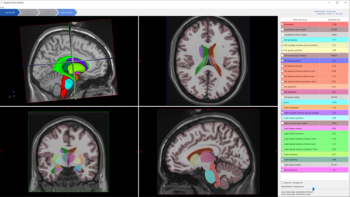
The Maestro Brain Model reportedly provides automated identification, quantification and labeling of brain structures on magnetic resonance imaging (MRI).
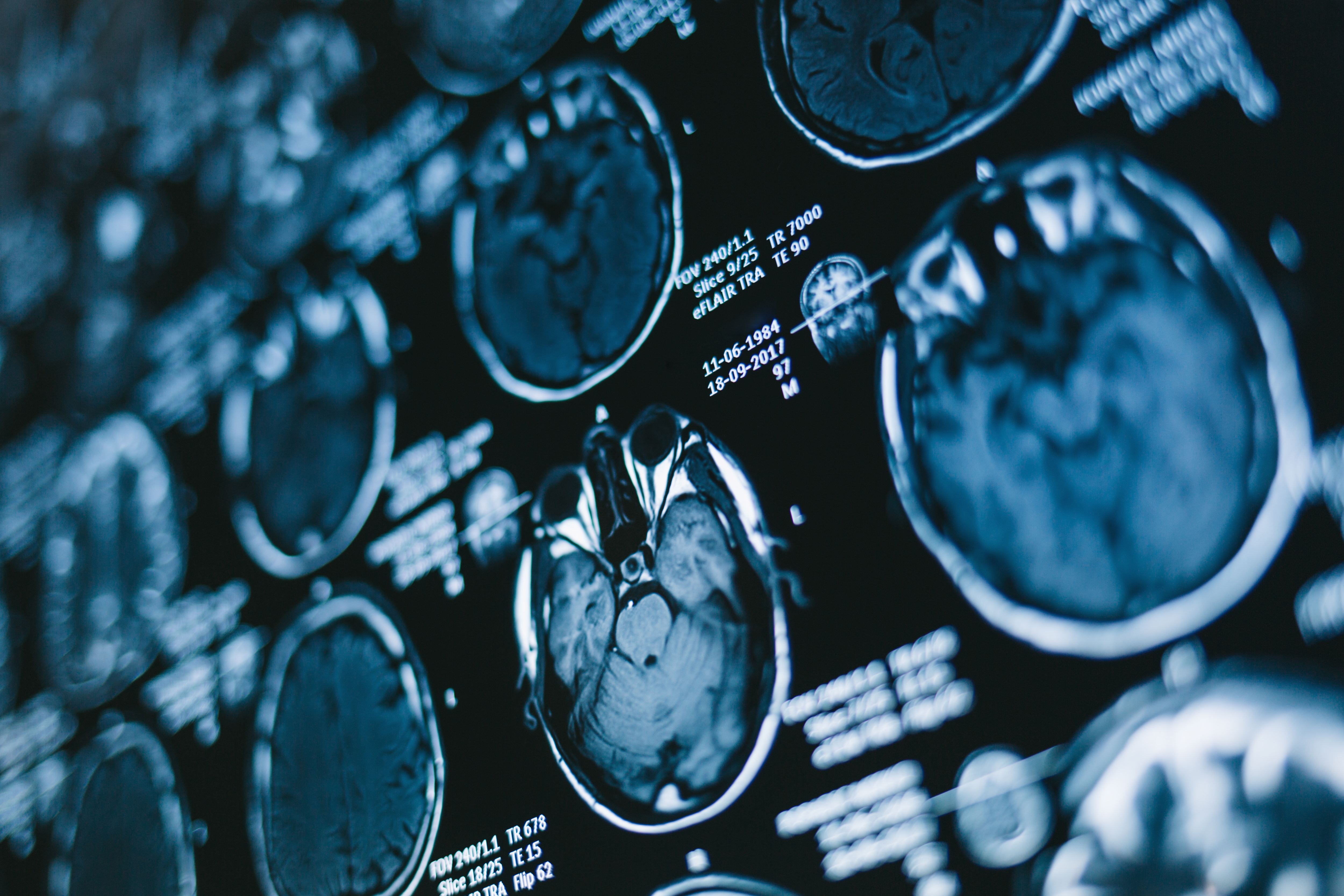
In comparison to neuroradiology assessment of brain magnetic resonance imaging (MRI) scans for tumor diagnosis, researchers found that adjunctive use of a deep learning system improved diagnostic accuracy by 12.4 percent and sensitivity by 33.5 percent in one test set of 300 patients.

The Maestro Brain Model reportedly provides automated identification, quantification and labeling of brain structures on magnetic resonance imaging (MRI).

Catch up on the top radiology content of the past week.
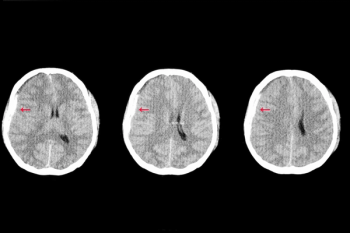
Viz.ai said the Viz Subdural Hematoma (SDH) artificial intelligence (AI) algorithm provides automatic detection of acute and chronic subdural hemorrhages, facilitating timely triage and treatment of patients.
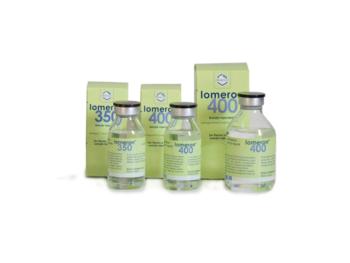
The imaging agent is approved for use in 50 countries in Europe and Asia, but is not currently approved in the US.

Catch up on the top radiology content of the past week.

In a video interview, Morris Panner, the president of Intelerad Medical Systems, discussed key observations from the recent Society for Imaging Informatics in Medicine (SIIM) conference, recent research about artificial intelligence (AI) adoption and emerging goals for enhancing the efficiency of radiology workflows.
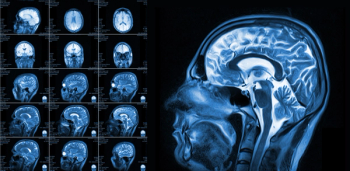
Utilizing susceptibility-weighted magnetic resonance imaging (MRI) in a study involving over 20,700 people, researchers found that drinking more than seven units (56 grams) of alcohol a week led to a higher accumulation of brain iron, which can trigger cognitive decline.

Catch up on the top radiology content of the past week.
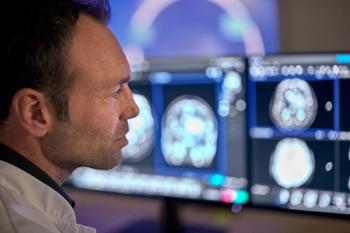
The artificial intelligence (AI) capabilities of the new software reportedly facilitate scanning times that are three times faster than conventional magnetic resonance image (MRI) scanners.
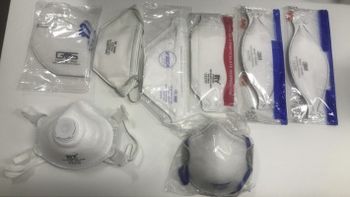
In their testing of eight commercially available filtering face piece (FFP3) respirators commonly utilized during the COVID-19 pandemic, researchers deemed that five of the face masks that contained ferromagnetic materials were unsafe to use in and around magnetic resonance imaging (MRI) devices.

Catch up on the top radiology news of the past week.
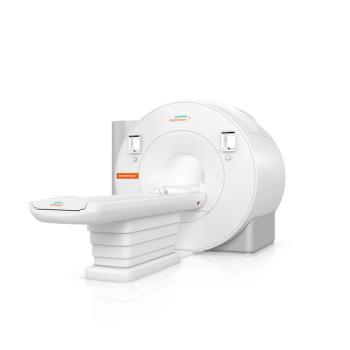
The new magnetic resonance imaging (MRI) device reportedly offers deep learning technologies and advanced processing of whole-body images in a cost-effective and lightweight model.
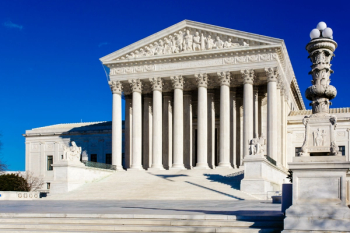
In recently issued statements, different radiology organizations have offered perspectives on the physician-patient relationship and the potential impact of the Supreme Court’s decision to overturn Roe v. Wade.
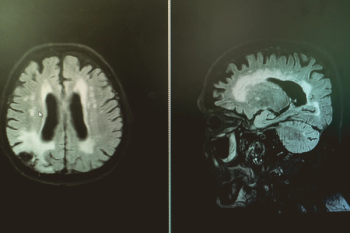
Emerging research with brain magnetic resonance imaging (MRI) scans shows that postmenopausal women have higher amounts of white matter hyperintensities that may lead to elevated risks for cognitive dysfunction and stroke.

Calantric™ Digital Solutions reportedly offers artificial intelligence (AI)-powered apps, bolsters lesion detection, facilitates triage priorities and enhances workflow efficiency.
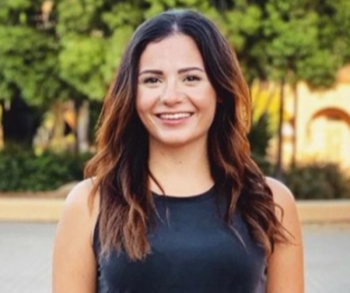
In a recent video interview, neurologist Pardis Zarifkar, MD discussed a new study that found significantly elevated risks for Alzheimer’s disease and Parkinson’s disease among patients who tested positive for COVID-19.

Catch up on the top radiology news of the past week.
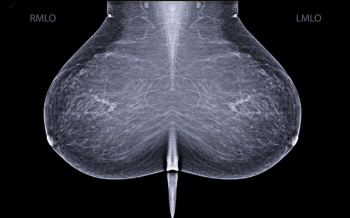
The review of breast cancer screening guidelines from the United States and abroad summarized current recommendations on modalities, intervals, and screening age considerations.
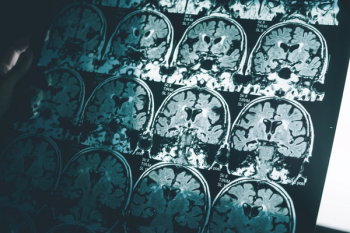
New research suggests that an emerging predictive biomarker, derived from a combination of magnetic resonance imaging (MRI) brain scans and a machine learning algorithm, has significantly greater accuracy than previously established measurements for diagnosing Alzheimer’s disease.
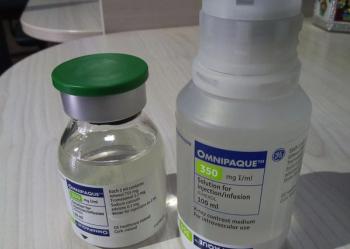
As the iodinated contrast media shortage continues to have a significant adverse effect on radiology, these authors assess the pros and cons of emerging strategies and imaging alternatives.

In a recent video interview, abdominal radiologist Sonia Gupta, MD discussed key principles in assessing potential alliances with artificial intelligence (AI) vendors and the potential of AI to alleviate the time-consuming, administrative aspects of patient care.

Catch up on the top radiology content of the past week.
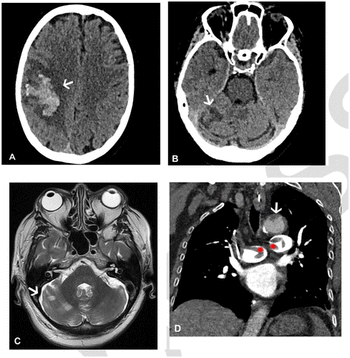
In what may be the largest study to date to examine the use of whole-body imaging to assess multisystem thrombosis in patients with COVID-19 vaccine-induced immune thrombotic thrombocytopenia, researchers found multiple sites of thrombosis in 83 percent of patients who had additional CT, MRI and/or ultrasound imaging beyond the area of their primary complaint.

Whether it is humorous associations with common terminology, oddities on X-rays or decidedly uncomfortable imaging findings, this author shares a few chuckles from his experience.

Catch up on the top radiology content of the past week.